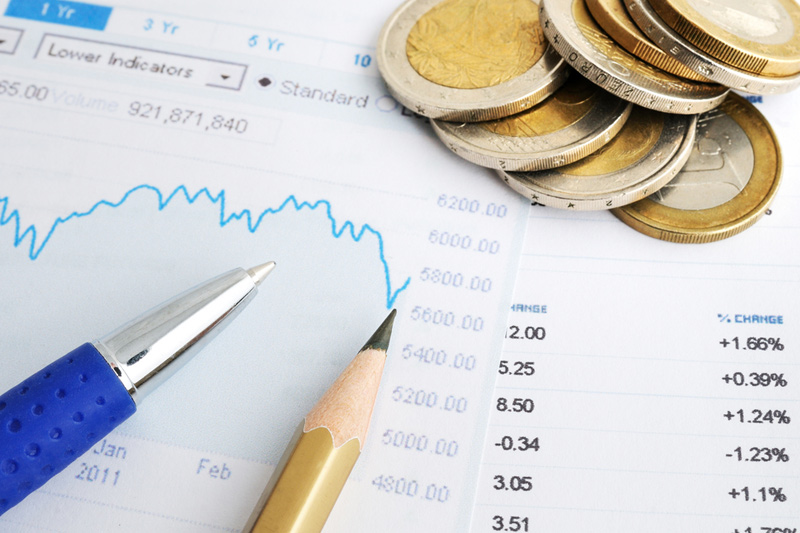Argentina’s Government Takes Measures to Stabilize FX Market Ahead of Elections
Government Intervention to Tamp Down Volatility
Argentina’s government has stepped in to calm the foreign exchange market ahead of the country’s general elections on Sunday. Officials have assured that there will be no drastic devaluation of the currency after the vote. This move aims to reduce volatility and provide stability during this crucial period.
Crackdown on Black Market Trading
In response to the government’s crackdown on illegal operations, the black market for dollars has seen minimal activity. Traders have reported bids ranging from 900 to 1,010 pesos per dollar, but no confirmed transactions. The fear of repercussions and the closure of exchange houses have contributed to the market’s inactivity and the resulting price fluctuations.
Tight Capital Controls and Informal Markets
Since 2019, Argentina has implemented strict capital controls, leading many individuals to resort to illegal black markets and informal parallel markets to buy dollars. This has posed a challenge for the government, who has maintained an official exchange rate of 350 pesos per dollar since August. The upcoming election, featuring candidates vowing to undo these capital controls, has sparked speculation about a potential rapid devaluation.
Government’s Response to Devaluation Speculation
However, the government has moved swiftly to address these concerns. Gabriel Rubinstein, the secretary of economic policy, has stated that the official exchange rate will remain at 350 pesos per dollar after the election. A sudden devaluation, according to Rubinstein, would not be beneficial for the country as it grapples with triple-digit inflation and negative reserves. Instead, starting from November 15, the currency will be subject to a gradual devaluation of 3% per month.
Uncertainty and Safe-Haven Dollar Demand
Ahead of the election, Argentines have sought to secure safe-haven dollars due to the uncertainty surrounding the country’s future. The leading candidates include libertarian Javier Milei, who advocates for dollarizing the economy and eventually shutting down the central bank, as well as Economy Minister Sergio Massa and conservative Patricia Bullrich.
Government Support for the Currency
Traders have observed the government’s efforts to prop up the beleaguered currency. Private sector financial agents have noted the presence of “friendly” hands providing liquidity to stabilize the exchange market. These measures seek to restore confidence in the currency and create a more favorable environment for economic stability.
Overall, Argentina’s government is taking proactive steps to maintain stability in the foreign exchange market during the election period. By addressing concerns about potential devaluation and cracking down on illegal operations, they aim to instill confidence and ensure a smoother economic transition post-election.



